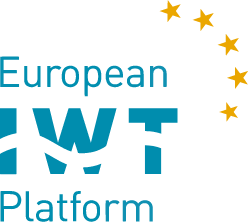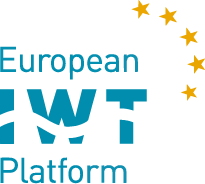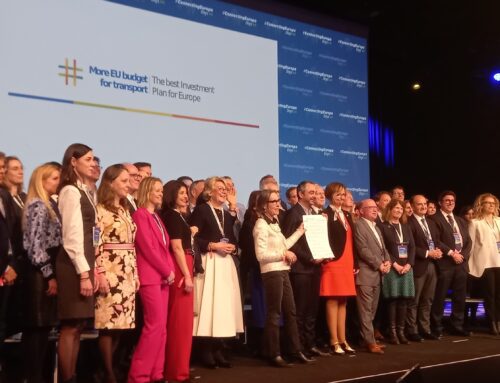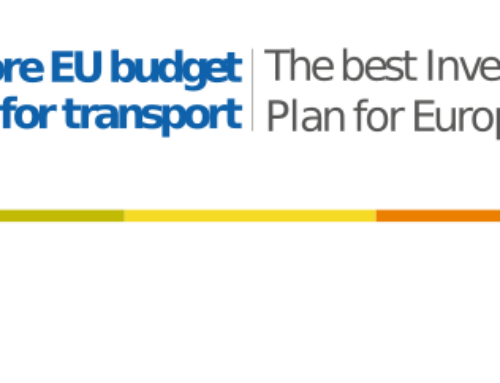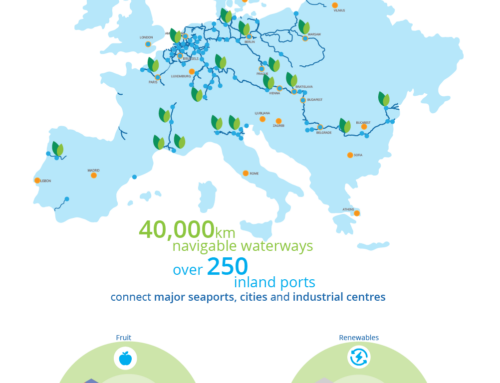Safe journey and secure border crossing are the main objectives for the European manning regulation and the working time directive. Since the current manning regulation is outdated, we are jointly working with our European partners on the new uniform guidelines. In the European committee for drawing up standards in the field of inland navigation (CESNI), a draft roadmap (CESNI/QP (21) 82) is under preparation. Acting as observers to the CESNI, EBU/ESO/IWT Platform want to share their crucial viewpoints and questions asked, together with the items to be further improved.
The current rules that were laid down in the Regulation for Rhine navigation personnel (RPN) are obsolete and no longer fit for purpose. We aim to work at establishing a set of rules which can provide sustainability and more flexibility for future challenges. The progress of digitalisation and its further evolution needs to be also taken into account, and enable us to effectively operate with more variables and factors.
Some of the main elements of a consensus within the CESNI, are:
- Future manning requirements should reflect on the workload of personnel, its competences and ever faster changing development;
- High safety level in inland navigation should be guaranteed at all times;
- There is a need for more flexibility than within the currently applied manning regulations with a view to technical progress, digitalisation, automation and innovative vessel operation;
- CESNI prefers the use of modernised manning tables that should be part of a legislative framework as they are easy to read and to use and thus transparent;
- The implementation of the electronic control tools (e-tools) should go hand in hand with revised minimum manning requirements;
- The minimum manning requirements should be harmonised at a European level with simultaneous entry into force of the new rules at CCNR and EU level and at the level of entities with legislative power in Europe (e.g. at river commission level if applicable);
- Consultation of experts from the field from all over Europe is important.
Next to these elements of consensus, the CESNI working group has identified several issues to be still discussed and analysed in the future. In the draft roadmap in Annex 1, there are tables with an overview of the legal and technical advice that is needed in order to develop relevant manning requirements on subjects such as personnel, craft/vessels, nautical environment etc.
Modernization is needed to answer both current and future demands, upcoming changes and the urge for innovation. Only by doing so, the IWT sector can contribute to a more sustainable transport system that will be able to offer new opportunities for Europe´s mobility, together with transparent and adequate social conditions attracting the qualified personnel.
The draft roadmap gives us the information on how to progress on the bumpy road to a new – improved – manning regulation for the benefit of all.
Ingrid Bloom
Social and Education Committee
